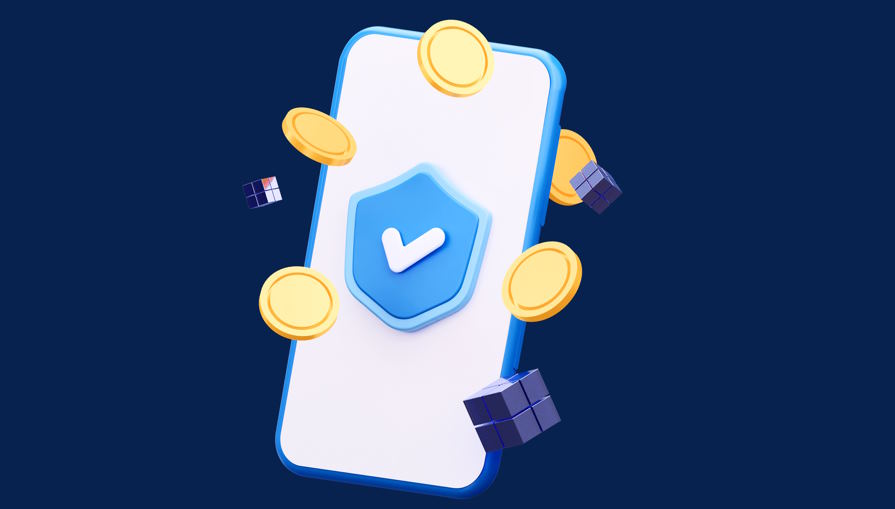Debt can be a heavy burden to carry, both financially and emotionally. Whether you’re dealing with credit card debt, student loans, or other forms of debt, it can be difficult to know where to start when it comes to getting back on track. However, with the right strategies and mindset, it’s possible to not only get out of debt but also stay debt-free in the long run. In this blog post, we’ll explore some effective debt management strategies that can help you take control of your finances and achieve your goal of becoming debt-free. From creating a budget to prioritizing your payments, we’ll cover a range of practical tips to help you on your journey towards financial freedom. So, if you’re ready to start tackling your debt and building a more secure financial future, keep reading!
Develop a Debt Repayment Plan
Developing a Debt Repayment Plan is essential to getting out of debt and staying debt-free in the long term. It requires a clear understanding of your financial situation and a willingness to make changes to your spending and income habits. Here are some key steps to take when creating your debt repayment plan.
Prioritize Your Debts
When it comes to managing debt, it’s important to prioritize which debts to pay first. This can be achieved by considering both the interest rates and balances of each debt. Send money from France to India can be costly, and high-interest debts should be paid off first to avoid accumulating more interest over time. To prioritize your debts, you can use either the snowball or avalanche method. With the snowball method, you start by paying off the smallest debts first and work your way up to the largest debts. Alternatively, with the avalanche method, you start by paying off the highest interest debts first and work your way down to the lowest interest debts. By prioritizing your debts, you can effectively manage your payments and save money in the long run.
Explore Debt Consolidation Options
If you have multiple debts with high-interest rates, consider consolidating them into one loan with a lower interest rate. Debt consolidation can make it easier to manage your debt and reduce your monthly payments. You can consolidate your debt through a personal loan, balance transfer credit card, or a debt consolidation program.

Consider Debt Settlement
Debt settlement is an option for those who are struggling to make their minimum payments or have fallen behind on their payments. With debt settlement, you negotiate with your creditors to settle your debts for less than what you owe. While debt settlement can reduce the amount of debt you owe, it can also have a negative impact on your credit score.
Negotiate with Creditors
If debt settlement is not an option, consider negotiating with your creditors for a lower interest rate or a more manageable payment plan. Creditors are often willing to work with you to come up with a solution that works for both parties. Be sure to explain your situation and provide evidence of your financial hardship.
Create a Realistic Repayment Plan
Once you have explored your options and prioritized your debts, it’s time to create a realistic repayment plan. Determine how much you can afford to pay towards your debts each month and create a budget to help you stay on track. Set goals for yourself and celebrate each milestone you reach.
Smart Strategies to Cut Down Your Expenses
Reducing your expenses is a key step in getting out of debt and improving your financial situation. By tracking your spending, cutting back on non-essential expenses, and looking for ways to save money, you can free up more money to put towards paying off your debt. Here are some tips for reducing your expenses.
Track Your Spending
The first step in reducing your expenses is to track your spending. This means keeping track of every penny you spend for a period of time, whether it’s a week, a month, or longer. This will help you identify areas where you may be overspending and where you can make changes to your spending habits.

Cut Back on Non-Essential Expenses
Once you have a clear picture of your spending habits, look for non-essential expenses that you can cut back on. This could include things like eating out, subscription services, and entertainment expenses. Consider alternatives that are less expensive or free, such as cooking at home, borrowing books from the library, or taking advantage of free activities in your community.
Look for Ways to Save Money
In addition to cutting back on non-essential expenses, there are other ways to save money that can help you reduce your overall expenses. For example, consider shopping around for better deals on things like car insurance, cell phone plans, and internet service. You can also save money by buying generic brands instead of name brands, using coupons, and taking advantage of sales.
It’s important to note that reducing your expenses doesn’t mean completely eliminating all of your fun and enjoyable activities. Instead, it’s about finding a balance between your wants and needs and making sure that your spending aligns with your financial goals.
In conclusion, reducing your expenses is a crucial step in getting out of debt and improving your financial situation. By tracking your spending, cutting back on non-essential expenses, and looking for ways to save money, you can free up more money to put towards paying off your debt and achieving your financial goals.


